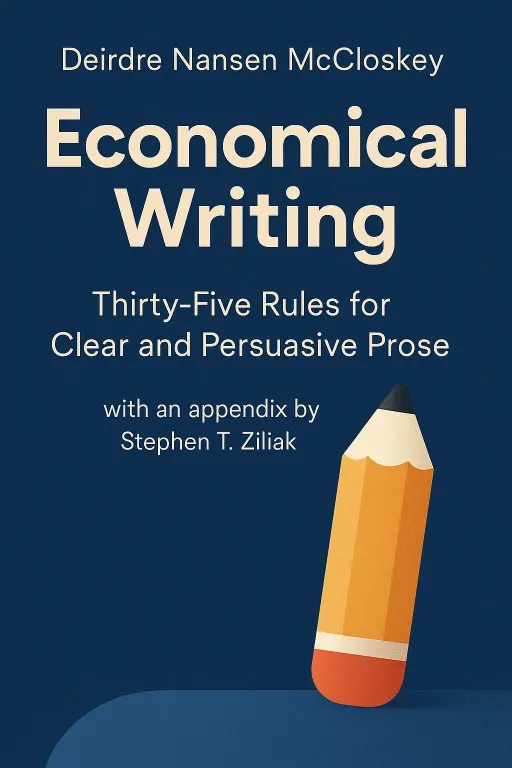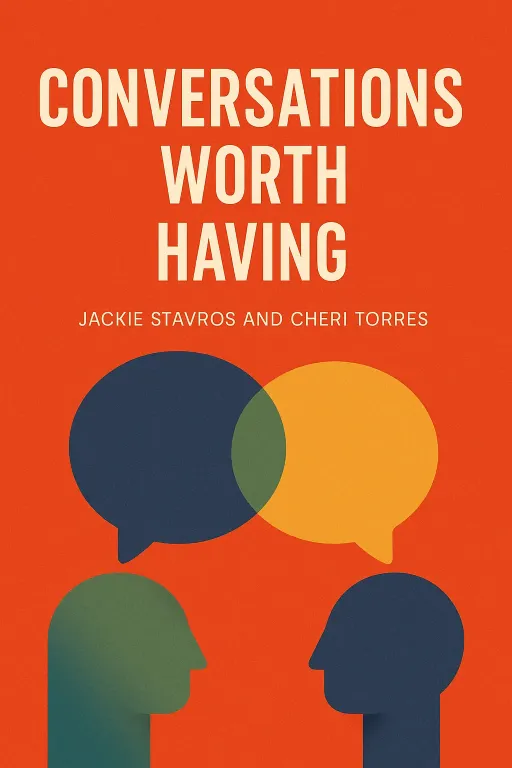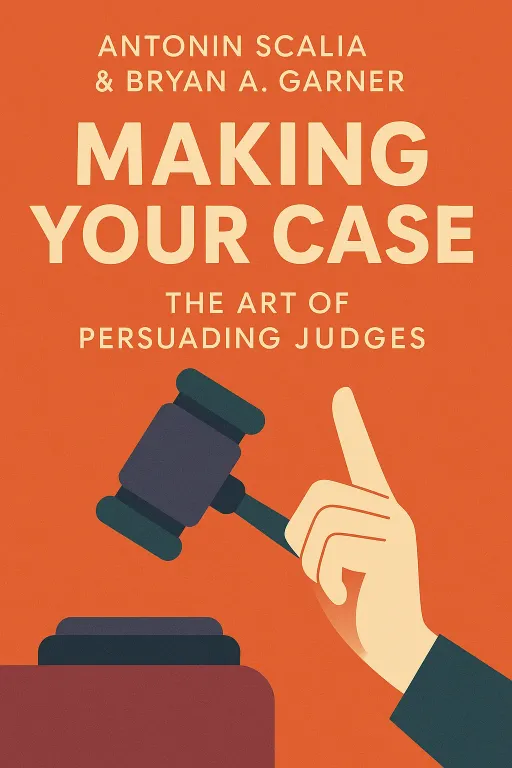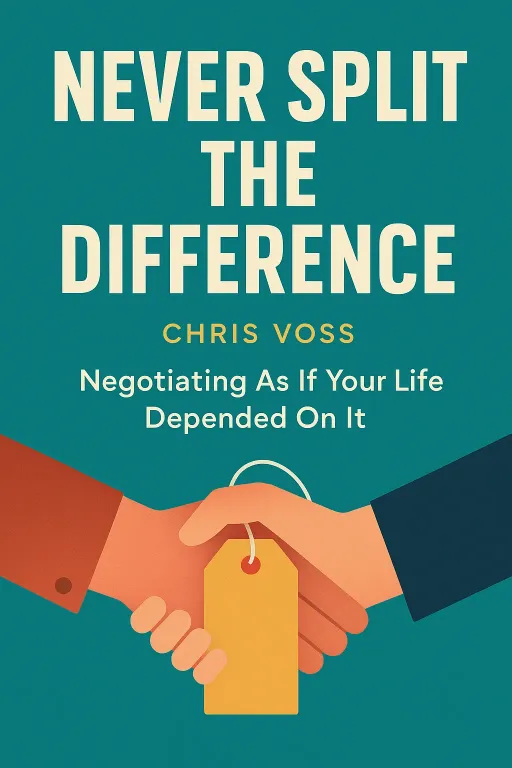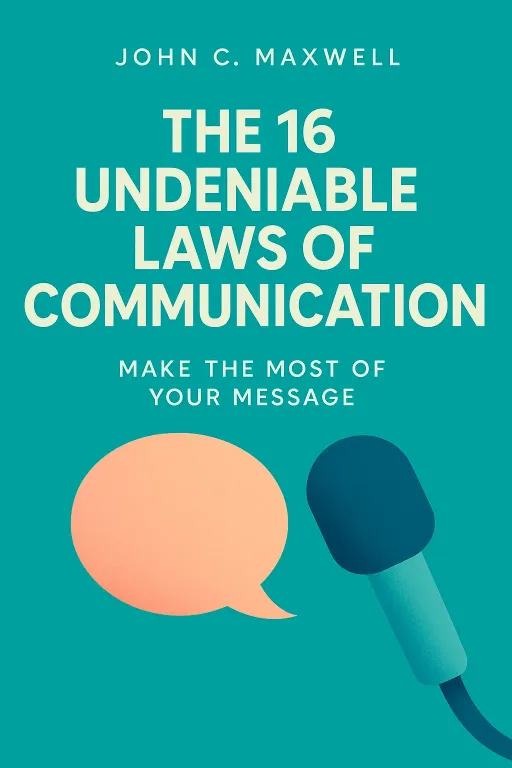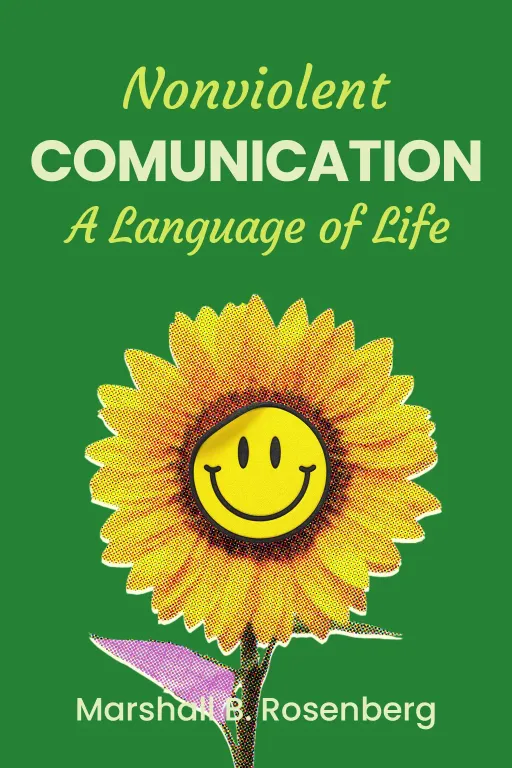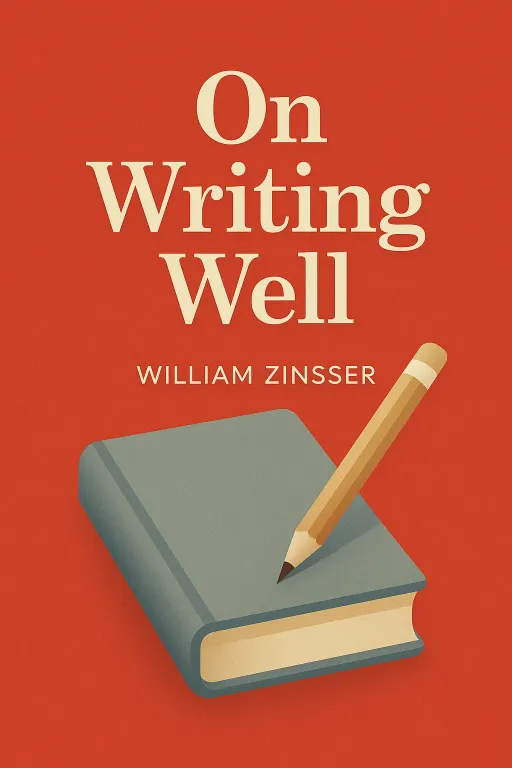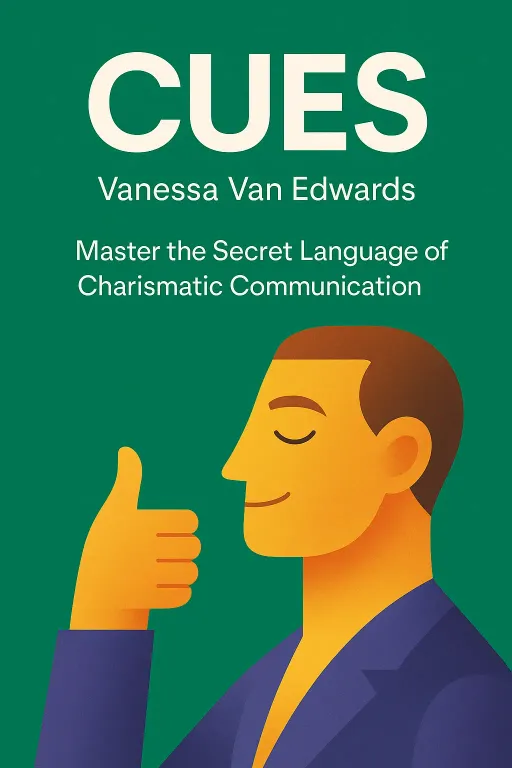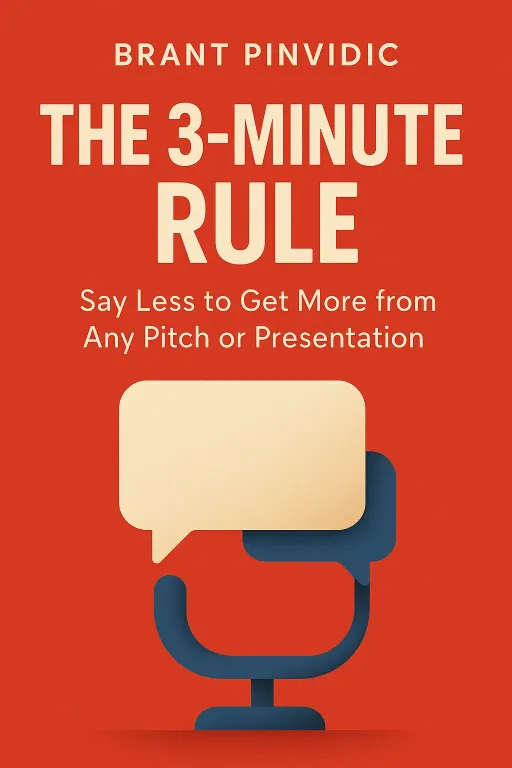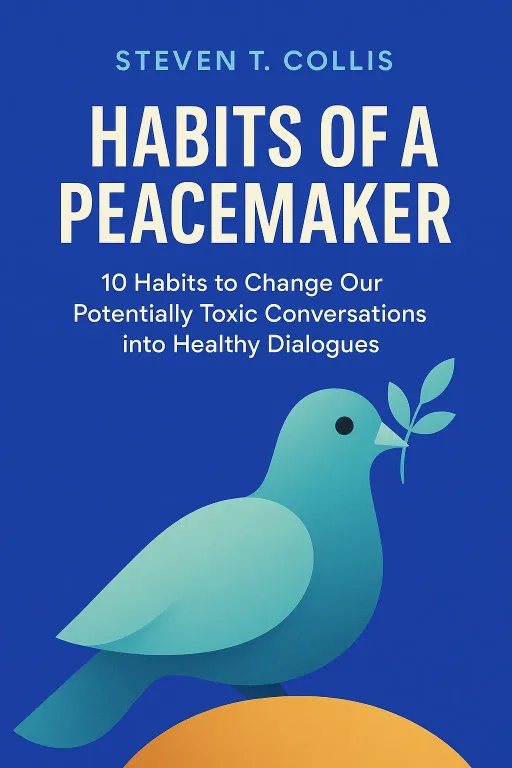
Habits of a Peacemaker
8 min10 Habits to Change Our Potentially Toxic Conversations into Healthy Dialogues
Introduction
Narrator: Imagine a conversation that starts to go wrong. It could be with a family member about a sensitive topic, a colleague about a project, or even a stranger online about politics. You feel the tension rising, the voices getting louder, and the space for understanding shrinking with every word. Defensiveness builds, assumptions are made, and soon, the goal is no longer to connect but to win. The exchange ends in frustration, anger, or a stony silence, leaving the problem unsolved and the relationship strained. This experience of toxic dialogue has become painfully common in our modern world, but what if there was a way to transform these potential conflicts into productive, healthy exchanges?
In his book, Habits of a Peacemaker, author and First Amendment law professor Steven T. Collis provides a clear and practical answer. Drawing on his experience navigating some of society's most divisive issues, Collis argues that peacemaking is not a passive wish for harmony but an active skill—a set of ten specific habits that anyone can learn. The book serves as a roadmap for turning toxic conversations into opportunities for growth, understanding, and genuine problem-solving.
The Foundation of Peacemaking is Intellectual Humility
Key Insight 1
Narrator: At the core of Collis's framework is a fundamental mindset shift away from certainty and toward curiosity. He argues that the biggest obstacle to productive dialogue is often our own conviction that we are unequivocally right. This is where the first habit, intellectual humility, becomes essential. It is the practice of recognizing the limits of one's own knowledge and acknowledging the possibility that our perspective is incomplete or even flawed.
Collis suggests this isn't about having no convictions, but about holding those convictions with an open hand. A key technique he introduces is "reframing." Instead of viewing a difficult conversation as a battle to be won, a peacemaker reframes it as a collaborative problem-solving session. The question changes from "How can I prove I'm right?" to "How can we understand this issue better together?" This simple shift changes the entire dynamic. It invites the other person to be a partner rather than an adversary. By assuming the best about people—another key habit—and approaching them with genuine curiosity about why they believe what they do, a peacemaker lays a foundation of respect that makes true dialogue possible.
Actively Seek Disagreement to Find the Truth
Key Insight 2
Narrator: In an age of information bubbles and echo chambers, it’s easy to surround ourselves with voices that confirm what we already believe. Collis presents a radical counter-strategy: actively hunt for the best arguments against your own position. This isn't an act of self-doubt, but one of intellectual courage and a genuine commitment to finding the truth. Peacemakers understand that the strongest, most resilient beliefs are those that have been tested against serious opposition.
This habit requires moving beyond superficial or weak "straw man" versions of the other side's argument. It means seeking out the most intelligent, articulate, and persuasive proponents of the opposing view and truly listening to what they have to say. Collis explains that this process does one of two things: it either reveals flaws in our own thinking, allowing us to refine or even change our position, or it strengthens our original belief by forcing us to defend it against its most formidable challenge. This commitment to "seek real learning" breaks the cycle of confirmation bias and moves us from a state of simply defending a position to one of actively pursuing a more complete and nuanced understanding of reality.
Disarm Conflict by Refusing to Feed Fear
Key Insight 3
Narrator: Many toxic conversations are fueled by fear. People often argue from a place of anxiety—fear of losing their identity, their security, or their values. A key peacemaking strategy, Collis explains, is to consciously avoid behaving in ways that confirm the other person's worst fears or negative stereotypes about "people like you." When someone expects hostility, responding with unexpected kindness and respect can completely disarm the situation.
This principle is powerfully illustrated in another of Collis's books, The Immortals, which tells the true story of five chaplains during World War II. Aboard the sinking USAT Dorchester, these five men—a Catholic priest, a Jewish rabbi, and three Protestant ministers—worked together to save as many soldiers as possible. In a moment of ultimate selflessness, they gave away their own life jackets. In that terrifying crisis, they didn't retreat into their separate identities; they transcended them. They didn't feed the fears or divisions of the world but instead modeled a profound unity built on shared humanity and compassion. This is the essence of not feeding fear. It means controlling our own emotional reactions, recognizing logical fallacies meant to provoke, and choosing to be an example of the very civility we wish to see in others.
True Progress Requires Embracing the Discomfort of Non-Closure
Key Insight 4
Narrator: In our results-driven culture, we crave closure. We want problems solved, questions answered, and arguments concluded. However, Collis argues that one of the most advanced habits of a peacemaker is the ability to embrace the discomfort of non-closure. Many of the world's most complex and divisive issues do not have simple, immediate solutions. Insisting on one can be a form of intellectual arrogance that shuts down dialogue.
A peacemaker learns to be comfortable in the "realm of reasonableness," a space where multiple, competing ideas can coexist without an immediate need for a final verdict. This doesn't mean abandoning one's core values. Collis makes it clear that we should be decided on our fundamental principles. But on the application of those principles to complex issues, there is often room for disagreement and ongoing exploration. Embracing non-closure allows for patience. It allows relationships to continue even when disagreements persist. It trusts that the process of learning, listening, and staying engaged is itself a form of progress, even if the final destination remains out of sight. It is the quiet confidence that continuing the conversation is more important than winning the argument.
Conclusion
Narrator: The single most important takeaway from Habits of a Peacemaker is that civility is not weakness. It is not about avoiding difficult topics or surrendering one's beliefs. Instead, true peacemaking is a form of strength—a courageous and disciplined practice of engaging with conflict constructively. Steven T. Collis demystifies this process, breaking it down into tangible, learnable habits that shift the focus from winning debates to building understanding.
The ultimate challenge of the book lies in its application. It’s one thing to agree with these principles in theory, but it is another entirely to practice intellectual humility when your deepest convictions are challenged or to assume the best in someone who is actively questioning your identity. The book, therefore, leaves us with a profound question: Are we willing to do the internal work required to change our conversations, by first being willing to change ourselves?
